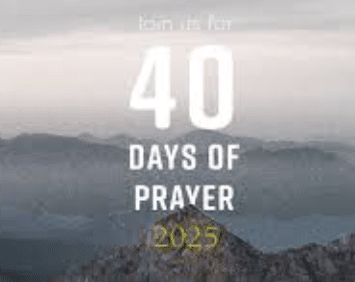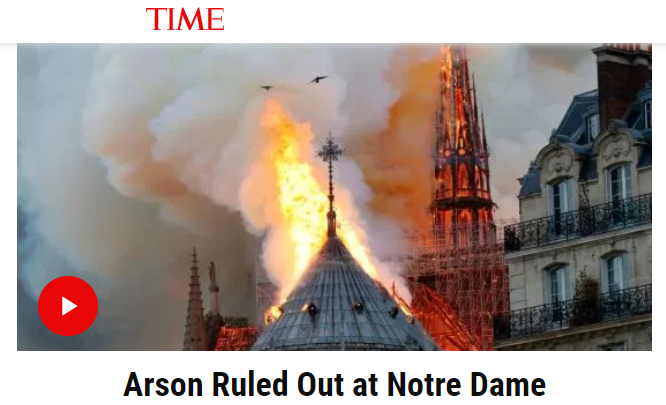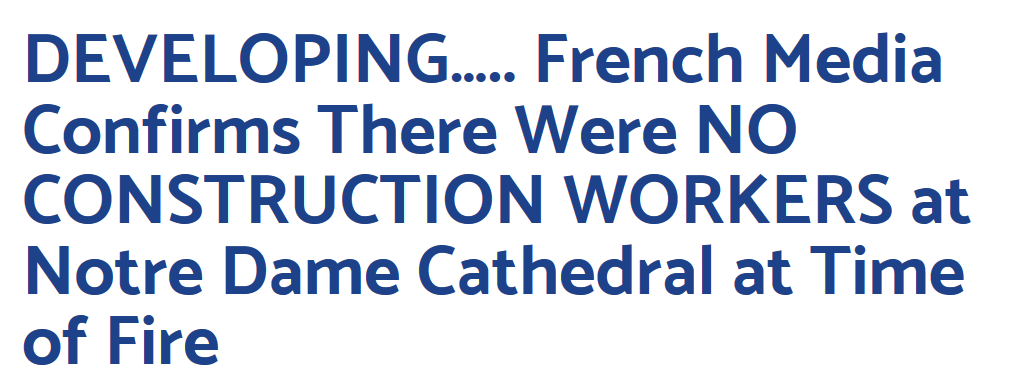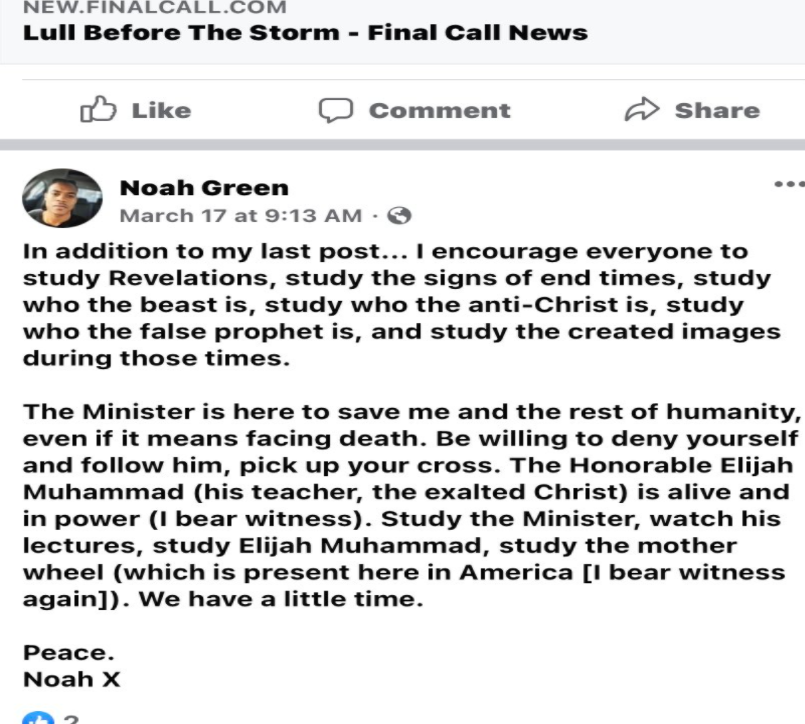but ‘Atonement the 40th day’ after ‘the day of year=Weeks’ ! [buildup of 13-20 is amazing] [version ; 2025-07jul.20] |
| seeing ‘four hundred and thirty years’ here , the only reason of Esau’s use hére must have been the “Atonement the 40th day” because of that phrase’s history – see intro ; the restored context of the lines is solid now as a very valuable section – and that in NT ! a summary of the original buildup (here) |

|
theme
… it’s so surreal knowing the proof will show – or not – in just a couple of days ;
please , trying to be as clear & readable as possible :
after finding the original phrase “you shall make atonement for your flesh” in
Exodus 13 (-see page) and after dreaming today about ‘the end of chapter 12’
then examining it “the 430 years” appeared to be a moved & corrupted section
so that it never said anything about old-Ishral and their duration in Egypt since
those lines must have been prophetically “about us going forth to Eden” !
[sub :
wherefore it strongly feels as an original concept — though corrupted ,
and that Esau ádded a similar ‘400 years’ in the earlier Abraham story but
for this reason : he corrupted só many themes in the “Abraham chapters”
(there never was no ‘Sodom & Gomorrah burning’ but ‘mystery-Babylon’
because never no “while under the tree , three guests appeared that later
would spare 7 / 10 / 40 righteous ones in Sodom” but was about ADAM
going back to the tree and his 7-fold revenge on Eden — etcetera] ,
so that there was nothing left of any eden-covenant (!) except for the
fact of Abraham ‘getting a large offspring’ — so that at the moment of God
actually máking the covenant with Abraham Esau inserted there a measly
quasi-prophetic “the people 400 years oppressed in Egypt” … we bet ?]
… point is please that we have a reasonable chance that the line is ‘true’
wherefore it was interesting enough to go project our ‘Atonement 40th theme’
and actually the result is stunning …
not only per roots and especially ‘the buildup’ but also through the important
theme of ‘consecration’ as part óf Atonement , and ‘dying to self’ which
was not asked from old-Ishral but certainly from us in the time of the end ;
as aspects directly linking to the done chapters Ex.29 / Lev.8 / Num.9 where
in the latter one ‘the 144,000 are appointed’ !
therefore the theme context is véry strong here : but can that also confirm
our “Atonement at the 40th day concept” because óf this strong theme ?
the ‘four=forty hundred=days’ [line 17]
… Esau’s lines are as if reading pure sorcery : it’s all smoke & mirrors about
unclear themes that sound important but are never really explained and are
not interlinking with eachother , leaving the soul confused after the cascade
of allegations having just one question : “from what I need to be saved ?”
[and the tragical thing is that they do not want to hear “from that evil KJV”…]
fortunately , we could pick up a few lines earlier (13) to see what context it
would give to this important (17) , and where Esau turned ‘the promise’ (14)
into an alleged “of receiving the Spirit” the subject ofcourse was “Eden”
[which however , depending on the preceding utterly corrupted text , can
have had the colour of “a new body” because of the running theme here] ;
now please ,
the proper “réasoning why Weeks is followed by Atonement (40 days later)”
we had not discovered until now though much context suggested it already ;
but this is what the buildup shows :
— (the sons – you & we – have been restoring the scroll) [elsewhere]
— they know that they and the 144 need to die to Self [buildup :]
— so that God will fulfill his Eden-promise
— but some among the remnant say : “there is no need to die”
— therefore ,
when God will accept the restored scroll , [‘at Weeks‘]
He will NOT accept the unclean (‘unholy’ !) remnant
as unclean because of the unrighteous ones within her ,
— therefore ,
in the day that He will accept the scroll , [‘same date’]
the 40 day countdown will start – until Atonement ,
which is that ‘purifying time’ (-that we already understood) ,
— so that AT Atonement all of remnant will be hallowed (‘holy’)
(chapter closing : not restored)
… the above reasoning appears sound :
in this way Weeks can ‘trigger’ Atonement just as Unleavened as declaring
the scroll ‘triggers’ her acceptance at Weeks plus some conditional period ,
and fortunately KJV (17) shówed this concept by her very phrase as Esau’s
mistake by to write the opposite “(something) [+nót] coming into effect” !
in this light , and if we’re serious with the Atonement theme ,
we must conclude that He has accepted the scroll one month ago …
[however, as ultimate disclaimer, only if indeed this year is the final Jubilee] ;
and that we ‘are a bit late’ with this very topic may not directly be a problem
since we’re still in that “conditional time” – while He knéw we would find it ;
Esau’s lines :
you feel that the (context-) colour changes from line 15 where he starts to
introduce ‘the covenant’ that was ‘Atonement’ causing his ‘difficult phrasing’
and therefore he used similar terms (in 17) from (15) since 17 is the result
óf something that happened in 15 but now as a line which he succeeded to
disarm in a really poor flat line without meaning ;
conclusion :
the section is an outright miracle (Sir) and now we gathered the reasoning
(how Weeks causes Atonement) we can search similar in OT ;
hoping you enjoyed the intro (-theme) and please you judge all carefully ;
please note ideas here as “the ones died to self ARE the sanctified ones” ,
and please you plead for all of us during the now only several days left
you saw everything , Majesty ,
hoping that you are proud for our courage
to want to understand and want to get out ,
and don’t look at our deplorable state
so poor that you even may not take us …
we take your words very , very seriously
because ‘they are you’ , your own nature ,
as a deity inaccessible far above us
but having said very kind things about us ,
wherefore we trust you will restore all of us
Galatians 3 (13-20 for now)
[1-12 : perhaps later]
13
“Christ hath redeemed us from the curse of the law, being made a curse for us :
for it is written, Cursed [is] every one that hangeth on a tree :”
13
(for-) Christ – redeemed – us – from – the – curse of – (this-) law=flesh ,
b
(and-) (the-) sake=sons (Huper=yHios) of – us=ishral + [‘you & we’]
c
(will) be=experience (‘have understood’) – (that-) curse , [‘by the scroll / experience’]
d
wherefore – it=they (will) written=say : [sons speak from here :]
e
(it) (will) doom (‘curse’) – every one +
f
(that is) hang=lóving – (the-) on=own – wood=flesh (Xulon=sarX) ; +
note :
a) though the line is true (as that tree of good & evil and see Deut.21:23) it’s not the theme
here but Esau’s plausible deniability (if it wóuld be the main theme would be ‘Eve’ now) ;
b) concerning word choices : ‘curse’ seems okay even in line e) since “ending up in the Tribulation”
is curse enough – and there’s no available text to explain that further ;
c) the sons both “experienced and understood it in the scroll” since later here
God ‘is to accept the (restored-) scroll” , so that ‘the restoration’ must have shown in ch.1-2 ;
d) chosen “love” as better juxta to next 14 “death” ;
14
“That the blessing of Abraham might come on the Gentiles through Jesus Christ ;
that we might receive the promise of the Spirit through faith.”
14
[=but] – the – blessing of – [..] abraham=God – (will) come – on – [..] [+our] nations=people
b
through – (the-) christ=remnant of – jesus=Ishral , [‘all 144’]
c
that – (will have) obtained – the – promise of – [..] spirit=Eden +
d
through – [+their] (‘144’) faith=déath (-to it) (‘flesh’) ; [/ end sons]
note :
a) congruent to prophets where “Jacob (the people) will NOT die to their flesh”
mainly because of that evil KJV that tells them ‘it is a temple’ ;
b) that no-one understands why ‘the nations’ are negative (because non-eden-souls)
is another main factor of the deplorable state of today’s christianity ;
[next 15 :
now a pretty juxta : ‘the unrighteous ones (within the remnant) speak’ :]
15
“Brethren, I speak after the manner of men ; Though [it be] but a man’s covenant ,
yet [if it be] confirmed, no man disannulleth, or addeth thereto.”
15
(but-) brothers=unrighteous ones (adelphos=adikia) – [=within] – (the-) man=remnant
b
(will) say – after the manner of – man : [‘fleshly thinking’ probably]
c
[+I] affirm – the (concept of-) covenant=Atonement (diathêkê=katallagê , 17) ,
d
(but-) no man – (has) to set aside=die (atheteó=apothneskô)
e
or=because – adds thereto (epi + diatassomai) = [+he] (already-) saved + us (epi=us + diasôzô) ;
[next 16 :
note how Esau saw ‘a separation’ here ! :] [now the author continues :]
16
“Now to Abraham and his seed were the promises .
He saith not , And to seeds , as of many; but as of one , And to thy seed, which is Christ.”
16
[=therefore] , the=when – abraham=God – (will) declared=accept + [‘at Weeks’]
b
the – promises=scroll (‘no match’) – [=from] – the – seed=sons of – him=Ishral , [‘we’]
c
he (will) – nót – say=accept – [..] the – seed=uncleanness (‘unholyness’) +
d
as=within – on=the – many=remnant (‘144’) (POLus=hyPOLeima) , [next : 1 full line :]
e
but=because of – [..] on=the – one=lawless ones (heis=anomos) + [‘of line 15’]
f
and=amóng – [..] you=her (‘remnant’) – seed=righteous ones +
g
who – (will have) is=died – (to-) [+their] christ=flesh (christos=sarx) ;
[next 17 :
this is a line of huge importance — see sections & notes below :
17 [now :]
(a) “And this I say, [that] the covenant, that was confirmed before of God in Christ , [a-c]
(b) [+become] the law , [e]
(c) which was four hundred and thirty years after , [f]
(d) cannot disannul, that it should make the promise of none effect.” [d]
17
[=therefore] , this=in – (the-) say=appointed time (?) (lego=prothesmia) [‘Weeks’]
b
[swapped from below 1x :]
–
(when-) the law=scroll (nomos=biblion) – (will be) confirmed=accepted – by – God
c
into=from – (the-) christ=sons , [< needs proper subject again]
d
[line segment swapped ; was 2x juxta :]
–
not=this – (will) annuls=validate – the – nullify=coming into effect of – the – (Eden-) promise ,
e
[dangerous ! :]
–
(when-) covenant=Atonement (diathêkê=katallagê) – (will) come to pass +
f
40 – hundred=days – after – the thirty=appointed time of – years=Weeks (sic) ;
[next 18 : important context —
the “to grant by having forgiven” is the same Atonement theme ! :]
18
“For if the inheritance [be] of the law, [it is] no more of promise :
but God gave [it] to Abraham by promise.”
18
because – if=then – the – inheritance of – [..] law=Eden (‘swapped word’)
b
(will) no longer – (be) out=a – prómise [G5483 ‘forgive’ 12x]
c
[=for] – [..] God – (will) grant (‘by forgiving’ !) – [=the] promise – (to-) the (!) – abraham=remnant ; +
19
(a) “Therefore then [serveth] the law? It was added because of transgressions ,
(b) till the seed should come to whom the promise was made ;
(c) [and it was] ordained by angels in the hand of a mediator.”
19
[=after] – [..] a – law=time (nomos=kairos) of – transgression=purging (parabasis=katharismos)
b
(will have been) added – behalf=still , [‘the 40 days’]
c
[next : tricky :
though we now need the previous subjects again where ‘seed’ is ‘lawless ones’ etc ,
the problem is the bridge to next 20 & unclear 20 (and 21) itself :]
–
until=by – which – the – seed=righteous ones – (to) whom – the promise was made +
d
(will have been) come=sanctified , [< term belonging to ‘Atonement’]
e
(but-) – thru=the – angels=lawless ones – (will have been) ordained=removed +
f
[probably 1x swapped :]
–
(out-) in=from – (the-) mediator (from ‘midst’) = midst of – (the-) hand=remnant (‘144’) ; +
[next 20 :
perhaps the ‘one’ was ‘holy’ as the (heis=hagios) cluster :]
20
“Now a mediator is not [a mediator] of one, but God is one.”
20
[=for] – not=all (?) of – the – mediator=remnant – (will have) been – one=hallowed (‘made holy’)
b
yet=unto – [..] God – (who-) is – one=holy ;
closing
[end of rather sure section :]
… it appears that now the subject ‘the lawless ones’ must follow because
until now ‘the condition’ (death) has been explained and the consecration ;
but now that the strong embedding has ended and ‘we have what we need’
the question is “what was the réasoning concerning the lawless ones” —
perhaps next 20 ‘able to give life’ was “they were able – to die” (but didn’t)
and we’re afraid to speculate ‘what will happen with these’ :
for example the start of 20 can have said ,
“but the promise of Gof will not come to pass for the lawless ones” which
per context implies ‘that they will not enter Eden’
(though the same is said “about pastors that rejéct the restored scroll”)
and simply is above our authority to declare (=post) a judgment like that ;
however ,
it may have said “that they will not enter eden with the remnant , now” but
are not ‘lost souls’ if 22 was ‘the faith [+in] Jesus’ : it’s only due to the
neverending insane corruptions that it’s best to stop here
[/ end of page]

























